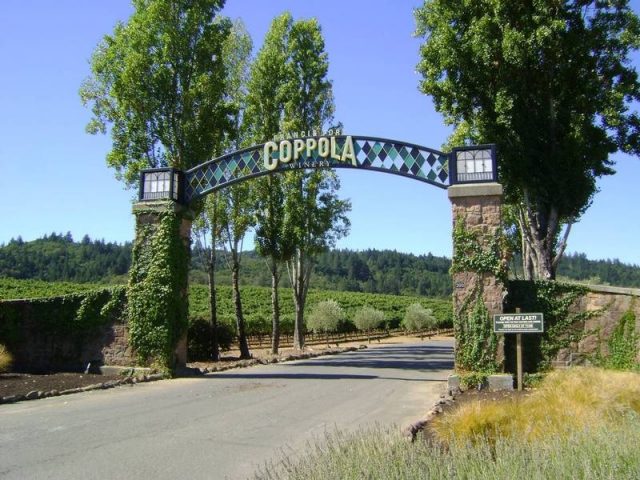Francis Ford Coppola sold winery to fund Megalopolis
Francis Ford Coppola, revered for cinematic classics such as The Godfather trilogy and Apocalypse Now, made headlines in 2021 for an unexpected business move: selling part of his renowned winery.

The sale, estimated at US$500 million, provided the financial lifeline for Coppola’s decades-long dream project, Megalopolis, a sprawling sci-fi epic that had languished in development for over 40 years.
Coppola’s wine empire, established in the 2010s, had become one of America’s leading producers of premium wines. The funds were crucial for a film that no traditional studio was willing to back due to its ambitious scale and unorthodox themes. The winery, which was acquired by Delicato in 2021, not only funded the film’s US$120 million production costs but also an additional US$20 million required for marketing.
Under the terms of the agreement, the Francis Ford Coppola wine portfolio and two facilities in Sonoma County – Francis Ford Coppola Winery and Virginia Dare Winery in Geyserville, including the Archimedes Vineyard – joined Delicato. Inglenook and Domaine de Broglie Winery and vineyard remained separately owned and run by the Coppola family following the transaction.
Set in a futuristic “New Rome,” Megalopolis follows Cesar Catalina (Adam Driver), an idealistic architect determined to rebuild a utopian city against the authoritarian rule of Mayor Franklyn Cicero (Giancarlo Esposito). The star-studded cast includes Nathalie Emmanuel, Aubrey Plaza, and Jon Voight, each bringing to life Coppola’s intricate, larger-than-life characters.
Partner Content
The production was anything but smooth. Coppola fired his visual effects team midway through filming, leaning instead on practical techniques reminiscent of his early work. Critics described the set as chaotic, with delays, rewrites and unconventional decisions often stalling progress.
Was it worth it?
Despite pouring his heart, and millions of dollars, into the film, Megalopolis faced significant hurdles in distribution. Major studios declined to back the project, wary of its niche appeal. Five independent European distributors eventually picked it up just days before its Cannes premiere.
At its Cannes debut, Megalopolis received a seven-minute standing ovation, but critical reactions were divided. While some hailed it as a “modern masterwork,” others criticised its pacing and execution. Early box office returns have been underwhelming, with the film opening to a modest US$4 million in North America, leaving its financial future uncertain.
For Coppola, however, the journey has always been about more than profit. “You don’t get any award for just being conservative,” he said, at a press conference in Cannes last year. “In my case, I did it. I did all the things other people would just regret that they didn’t try.”
Related news
Castel Group leadership coup escalates
For the twelfth day of Christmas...
Zuccardi Valle de Uco: textured, unique and revolutionary wines




